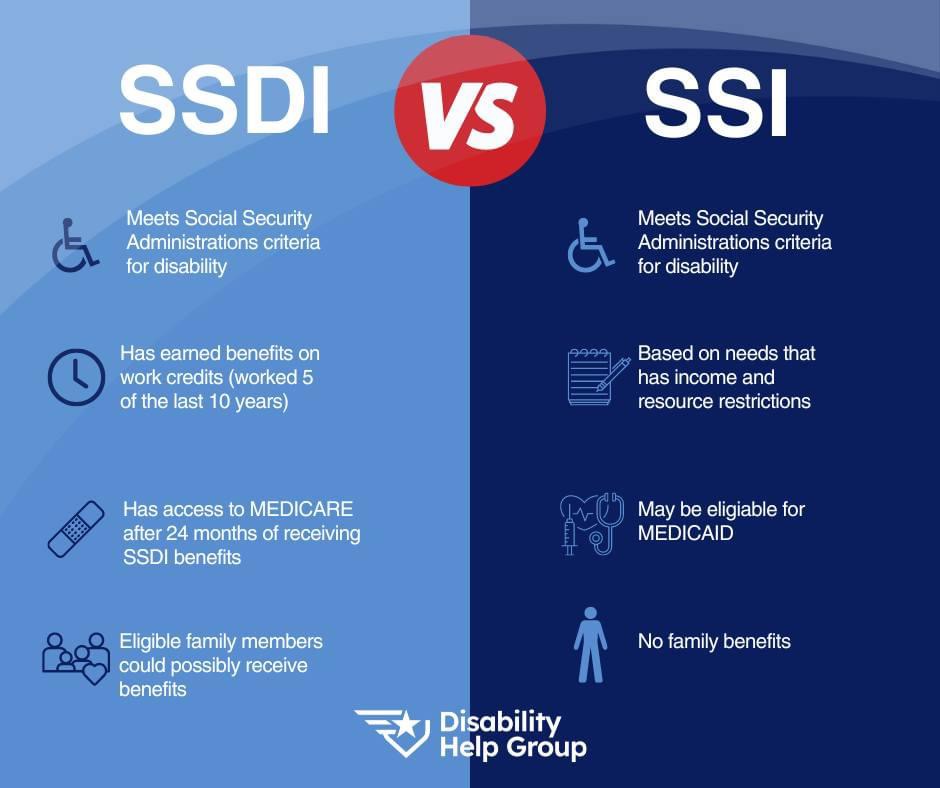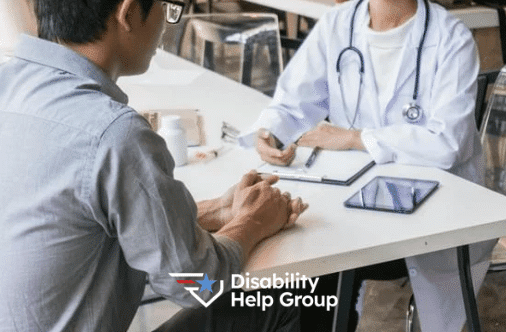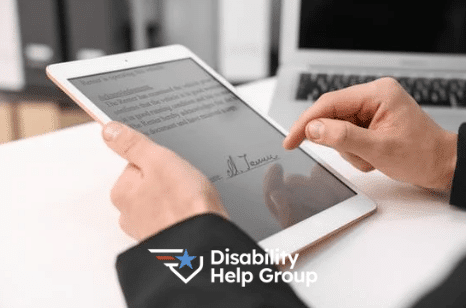Understanding Amyotrophic Lateral Sclerosis (ALS) and How Advances in Research Are Providing New Hope
Amyotrophic lateral sclerosis (ALS) is a fast-progressing neurodegenerative disease that leads to muscle weakness and loss of muscle control. As reported by the National Institute of Neurological Disorders and Stroke, most ALS cases—about 90-95%—develop without any known risk factors. Only 5-10% of cases are inherited, often due to genetic mutations passed down from parents.
One significant mutation, found in the SOD1 gene, is responsible for around 20% of inherited Amyotrophic lateral sclerosis cases. This mutation leads to the formation of clumped proteins called trimers, which are toxic to motor neurons, the cells responsible for controlling muscle movement.
Promising Research in ALS Treatment
In a promising breakthrough, scientists at the University of North Carolina School of Medicine have developed a technique to stabilize the mutated SOD1 gene, aiming to prevent these harmful protein clumps. Using advanced computer models, they found that adding phosphate to the SOD1 proteins prevents them from clumping together.
This research, published in the journal Structure, marks an exciting step toward preventing Amyotrophic lateral sclerosis in patients with this genetic mutation. Moreover, there’s hope that this approach might also help tackle non-inherited forms of the disease in the future.

Fast-Tracked Disability Benefits for Amyotrophic Lateral Sclerosis Patients
Suppose you or a loved one has been diagnosed with Amyotrophic lateral sclerosis, often referred to as Lou Gehrig’s disease. In that case, you are eligible for expedited Social Security disability benefits through the Compassionate Allowances program. The Social Security Administration (SSA) uses this program to prioritize diseases that are progressive and terminal, streamlining the disability approval process to ensure individuals with ALS receive benefits quickly.
While ALS qualifies automatically, patients still need to provide medical evidence to support their diagnosis. The Disability Help Group assists individuals by gathering required documentation and guiding them through the claims process, ensuring they receive the support they need.
Disability Help Group Can Assist You
For more information on how we can assist you with disability benefits, reach out to one of our expert SSD advocates today at 800-800-3332 or click here.







